How to Choose the Right Web Hosting Provider
So the time has come to create a web presence for your new business. You’ve selected a domain name that ticks all the boxes – but who’s going to host it?
Not all web hosting providers are born equal; choosing the right web host for your business is incredibly important. Different web hosts use different types of servers (for example, shared server hosting, cloud hosting, dedicated server hosting and virtual private server (VPS) hosting. The ideal server type ultimately depends on your business requirements, for example shared server hosting is fine for small businesses with limited budgets, while cloud server hosting is better suited to larger companies who require greater flexibility.
Once you have determined the type of server that is best suited to your needs, it’s time to find web hosts that offer that particular type of hosting. Before selecting a provider, you should always determine the following:
1. Their rates.
Different types of hosting services come with different price tags – for example shared server hosting is cheaper than dedicated server hosting. However, the price can also vary between providers and it’s therefore important to find out exactly what each web host charges (including set up fees and monthly rates).
Please note that free hosting programs are often unreliable and require on-site advertisements – they are generally not suitable for a business website.
2. Their reputation.
While you shouldn’t believe everything you read on the internet, it’s important to check out online reviews before choosing a web host. In doing this, you will be able to ascertain whether past and current clients have been happy with their service – and if not, what issues occurred.
3. Their customer support capabilities.
Whether you are an experienced webmaster or someone who is new to the digital sphere, it’s important to have a web host that provides adequate customer support. Look for a provider that offers 24/7 phone support (very important if anything goes wrong with your website), online chat help and also email access.
4. Their bandwidth and storage allowances.
These days, an increasing number of web hosts are offering unlimited bandwidth and storage space. However, not every provider offers this so it’s therefore important to ensure you’re aware of any limitations – after all, you want to be on a plan that offers enough space for your site to operate effectively.
5. 99.9% Server Uptime Guarantee
Your provider should have a 99.9 % uptime guarantee. Your site should always be up and running, because your business success depends on it. Otherwise, if it takes long to load or is unavailable, your customers will click away to other sites. This is something that’s not obviously only negative for your company, but also for your direct SEO rankings on platforms like Google.
6. Secure Server Protection
The provider should deliver security for your content and sensitive data. They should be able to protect your site from malware and attacks. The servers should provide additional security services that are paramount otherwise important information about your business would be lost.
7. Their Additional Services
Additional features such as free domains, free data backups and e-commerce are a great deal for website owners. Choose hosting companies that offer more services compared to others in order to get all your needs in one place.
Features such as Cpanel, SSL certificate and SSH are also important because they give you the ability to easily manage your website.
When it comes to selecting a web host, choose wisely. The right host should meet the specific needs of your business and deliver the right support should anything go wrong – after all, the success of your website depends on it!

